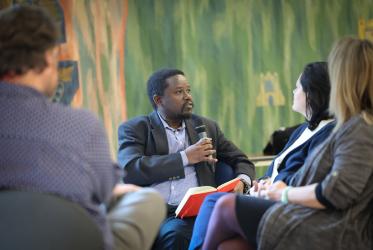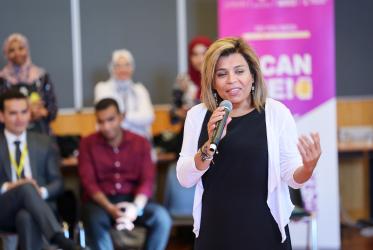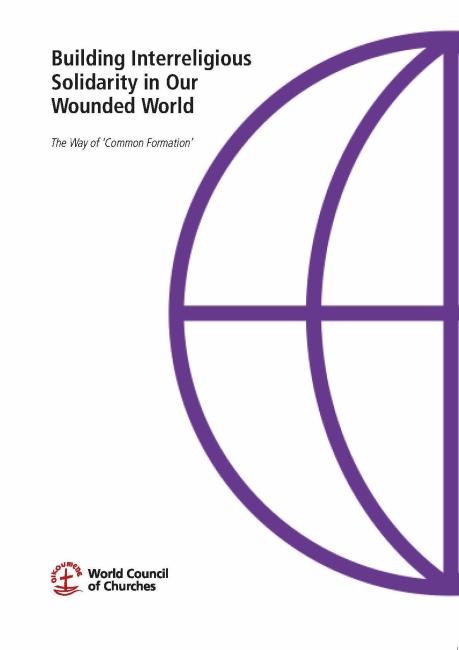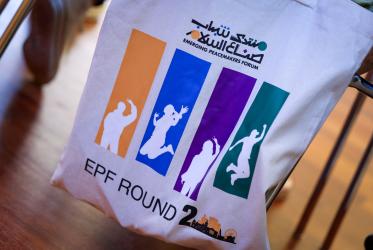Displaying 1 - 20 of 101
Voice of churches vital during UN women’s rights talks
28 March 2024
Um Guia para as Igrejas sobre a Prevenção da Fístula Obstétrica
16 January 2024
A Guide for Churches on the Prevention of Obstetric Fistula
26 October 2023
At peace conference, WCC focuses on overcoming racism
26 October 2023
ACT Alliance general secretary: “equity is not negotiable”
26 September 2023
HIV dan AIDS, Jejaring Masyarakat Sipil serta Sektor Lintas Agama
Pelajaran dari keterlibatan strategis di Indonesia, India, Republik Dominika, dan Jamaika
13 February 2023
Redes de la sociedad civil en VIH y SIDA y actores religiosos
Lecciones aprendidas del involucramiento estratégico en la India, República Dominicana, Indonesia y Jamaica
07 February 2023










